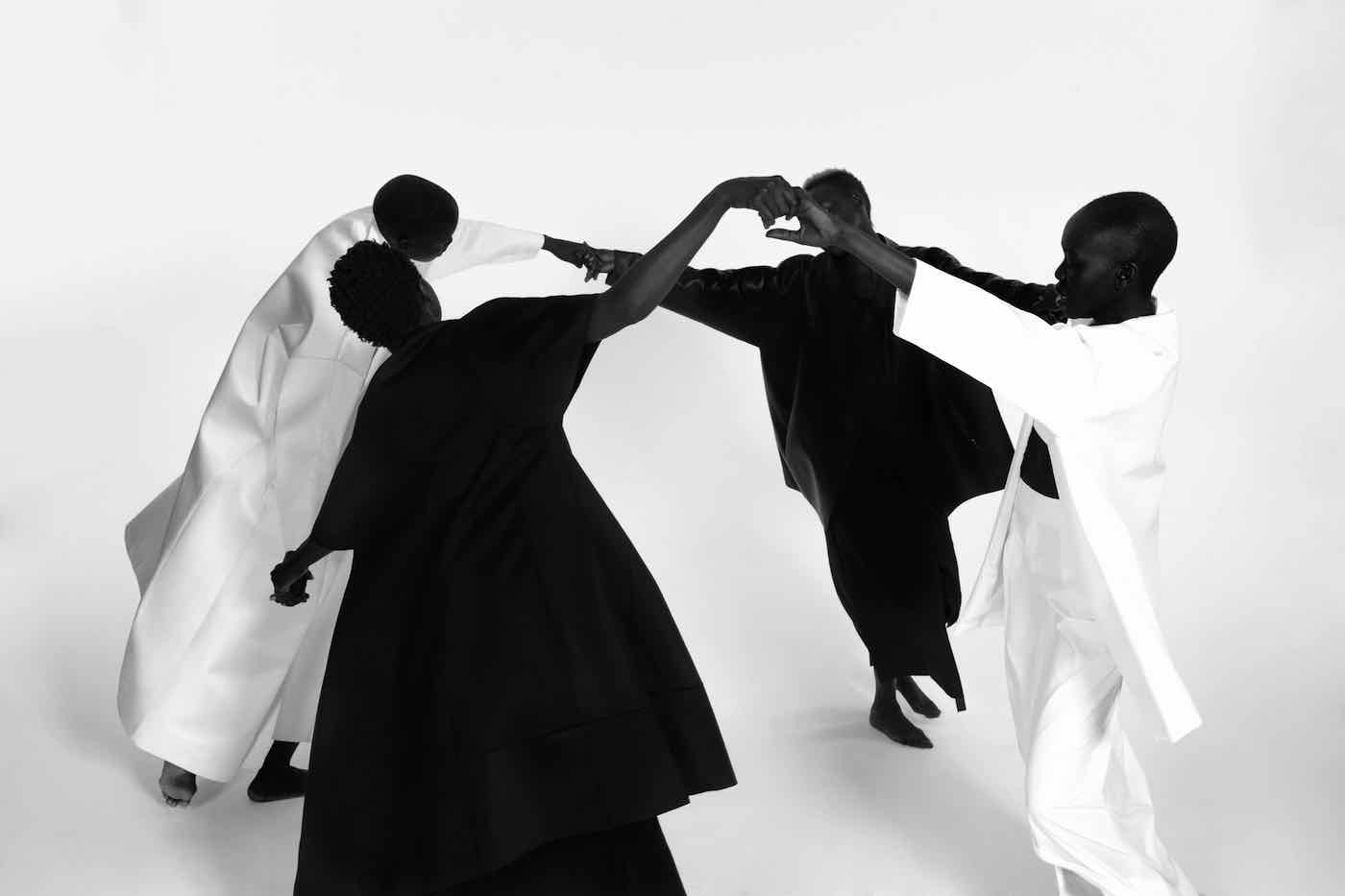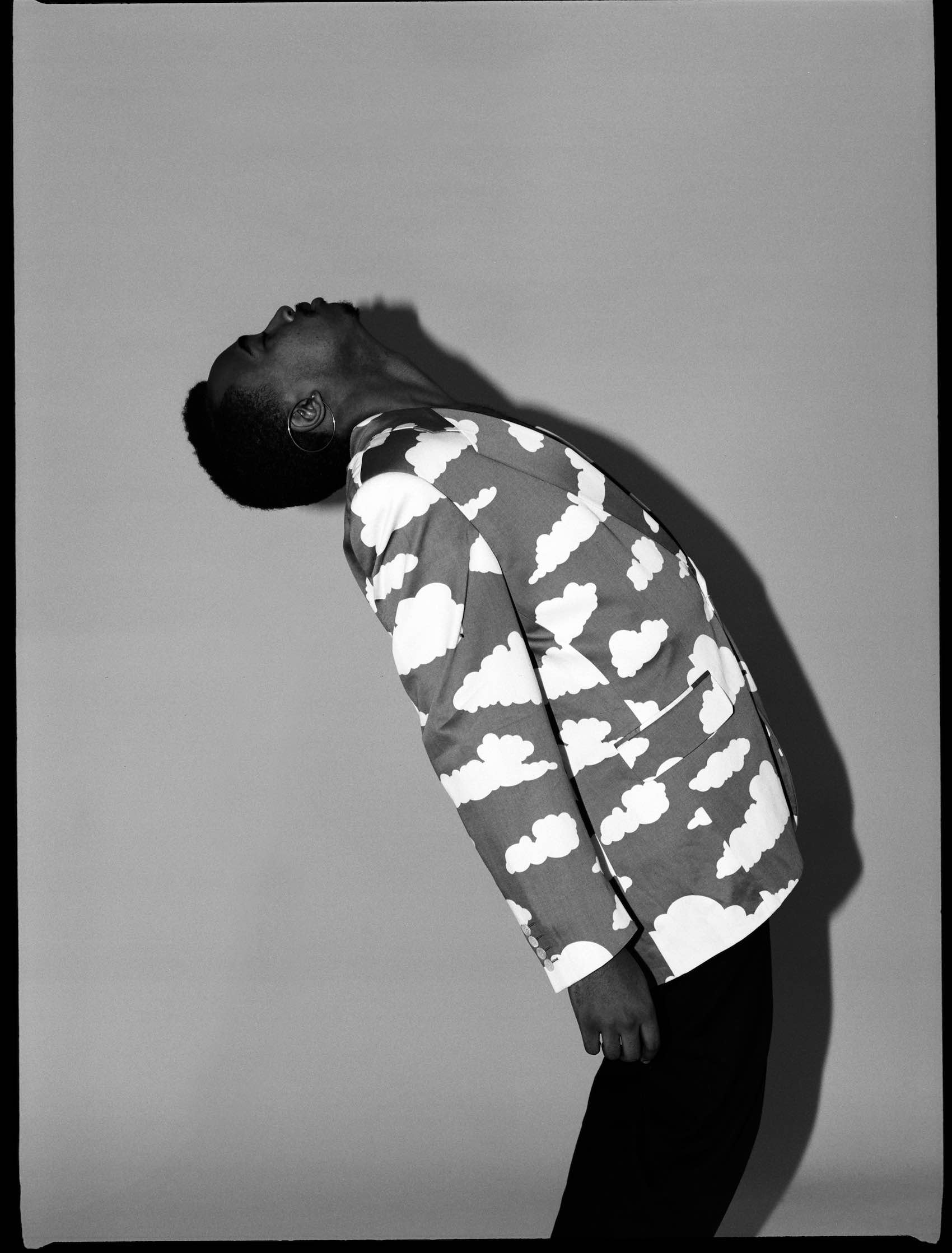Max Poglia’s lifestyle brand Poglia Co. grew out of a desire to combine ethics and aesthetics. It is a natural coupling, and in more ways than one: using ethical production methods and reclaimed resources, he makes beautiful heirlooms that will stand the test of time. His handcrafted knives, leather bags and woolen blankets are the antithesis to the mass-produced, disposable products common today. Poglia Co. pieces are made to last generations.
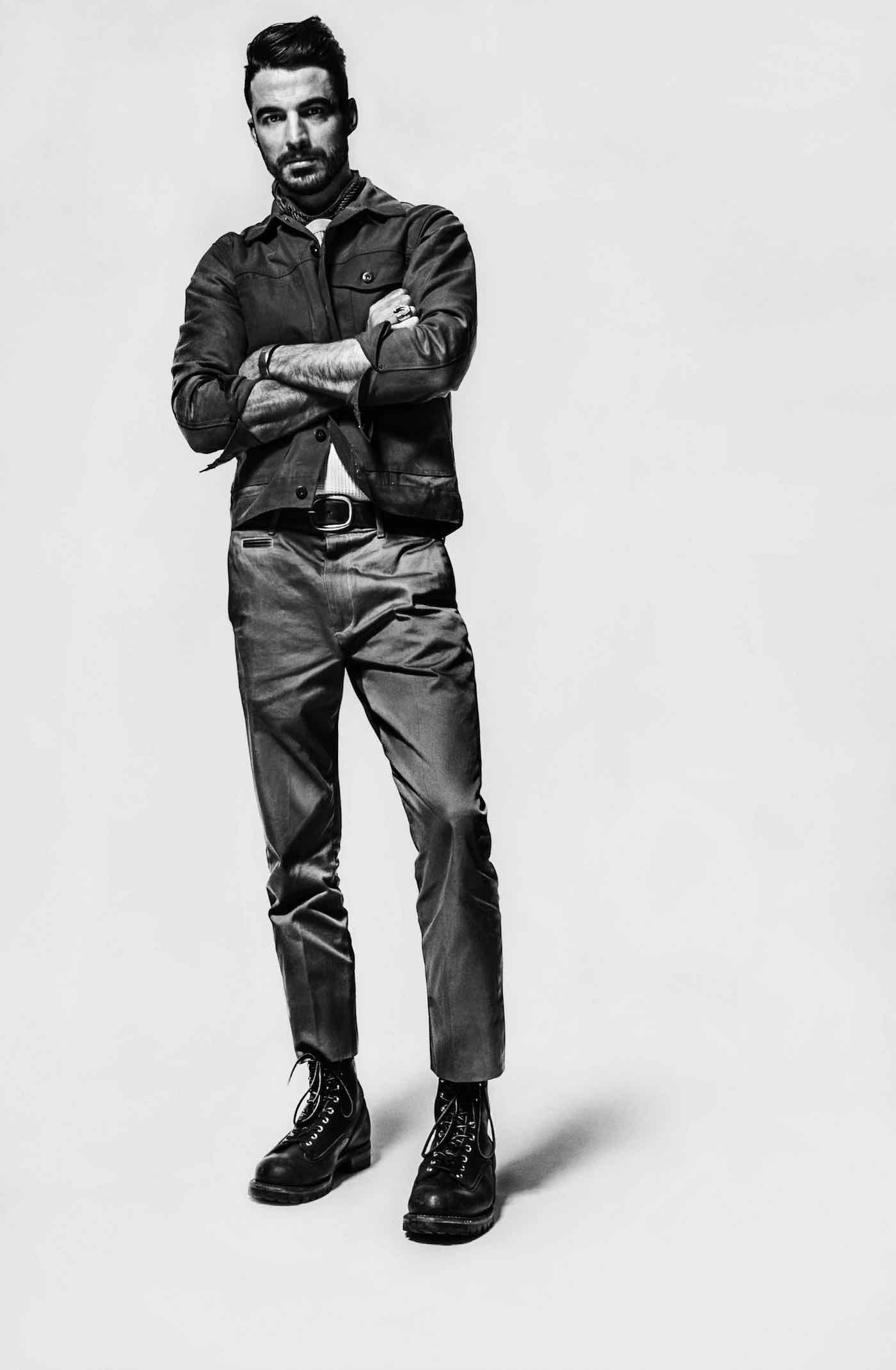
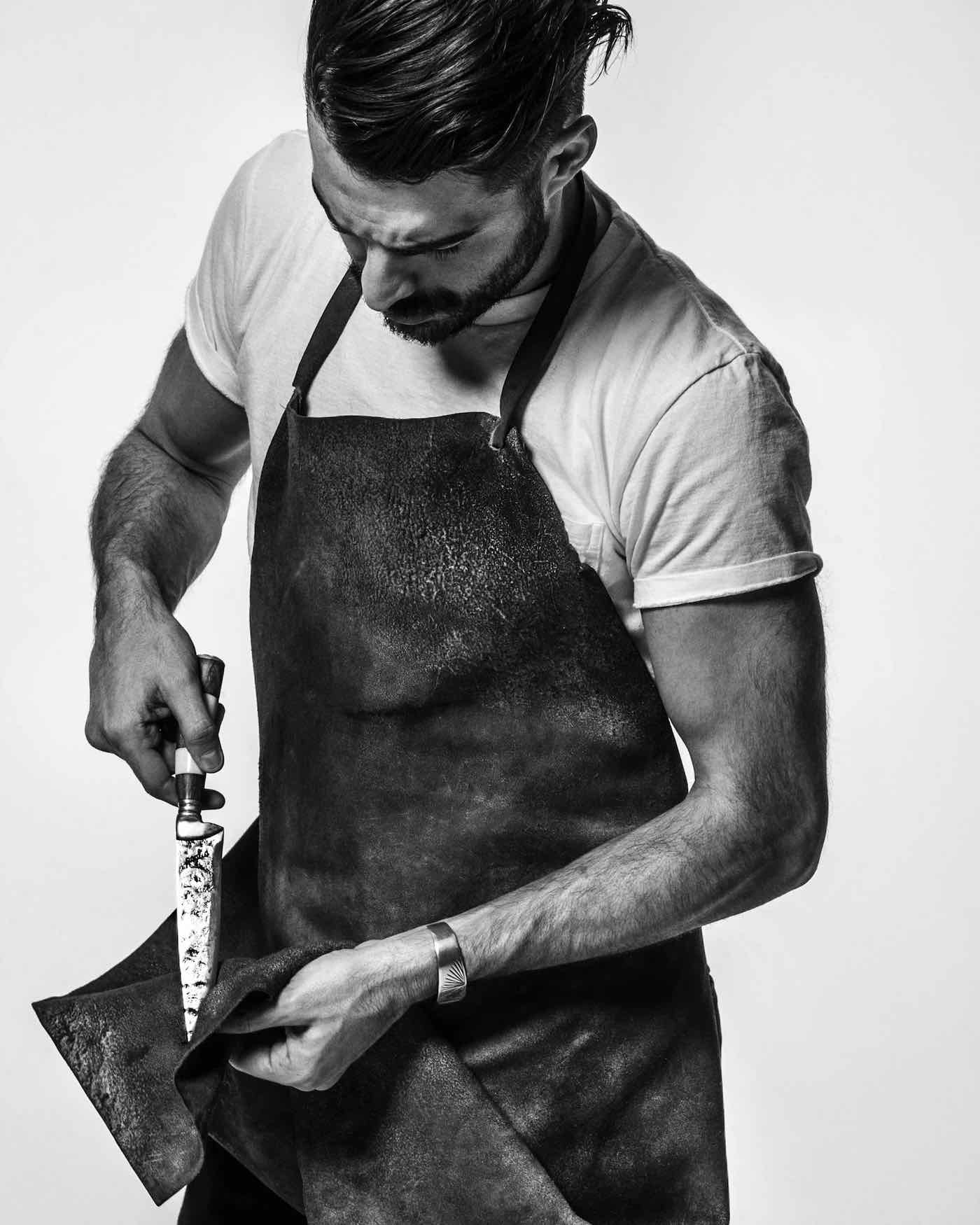
Poglia grew up on a farm in southern Brazil, where everything was by necessity locally sourced. His grandfather owned a store that sold knives among other household goods; he remembers it as a “pretty magical” place. After spending some time in Italy where he further developed an appreciation for local, high-quality cuisine, Poglia moved to New York to pursue graphic design. He started a green design blog, frustrated with products marketed as eco-friendly that actually worsened our environmental impact. While living near Central Park, he became inspired “to put together blankets, leather bags and knives”: everything needed for a picnic but the food.
The “slow food” movement is an apt analogy, for Poglia applies the ideology behind it to his adopted city as well as to his wares: “I love New York by inch, not by mile. It is the same thing as my line right now; I like to see the inch.” He achieves this by recruiting artisans in his native Brazil who work in the old traditional methods, one piece at a time.
“I love New York by inch, not by mile. It is the same thing as my line right now; I like to see the inch.”
Poglia Co. originated not as a business, but as an appreciation for the beauty in simplicity. “I was making things for myself,” Poglia says. Soon, “people started asking me about them, but I didn’t have in mind that I was doing this to sell.” The collection formed organically: “Everything came together at the same time. Little by little I started to create blankets, bags and knives.”
Poglia honed his artisanal aesthetic designing for Jody Williams’ restaurant Buvette, and it was there that he first unveiled his new line. He also began supplying Richard Gere’s Bedford Post Inn in upstate New York with blankets and bags; his initial run of four knives sold through the Inn were all bought by Julian Niccolini of the Four Seasons.
Fundamental to Poglia’s design aesthetic is the use of materials that are, at their core, authentic. They show their age and are the better for it: blankets of undyed virgin wool, bags fashioned from a single unfinished piece of leather, and knives made of plow blades salvaged from the farms of his youth.
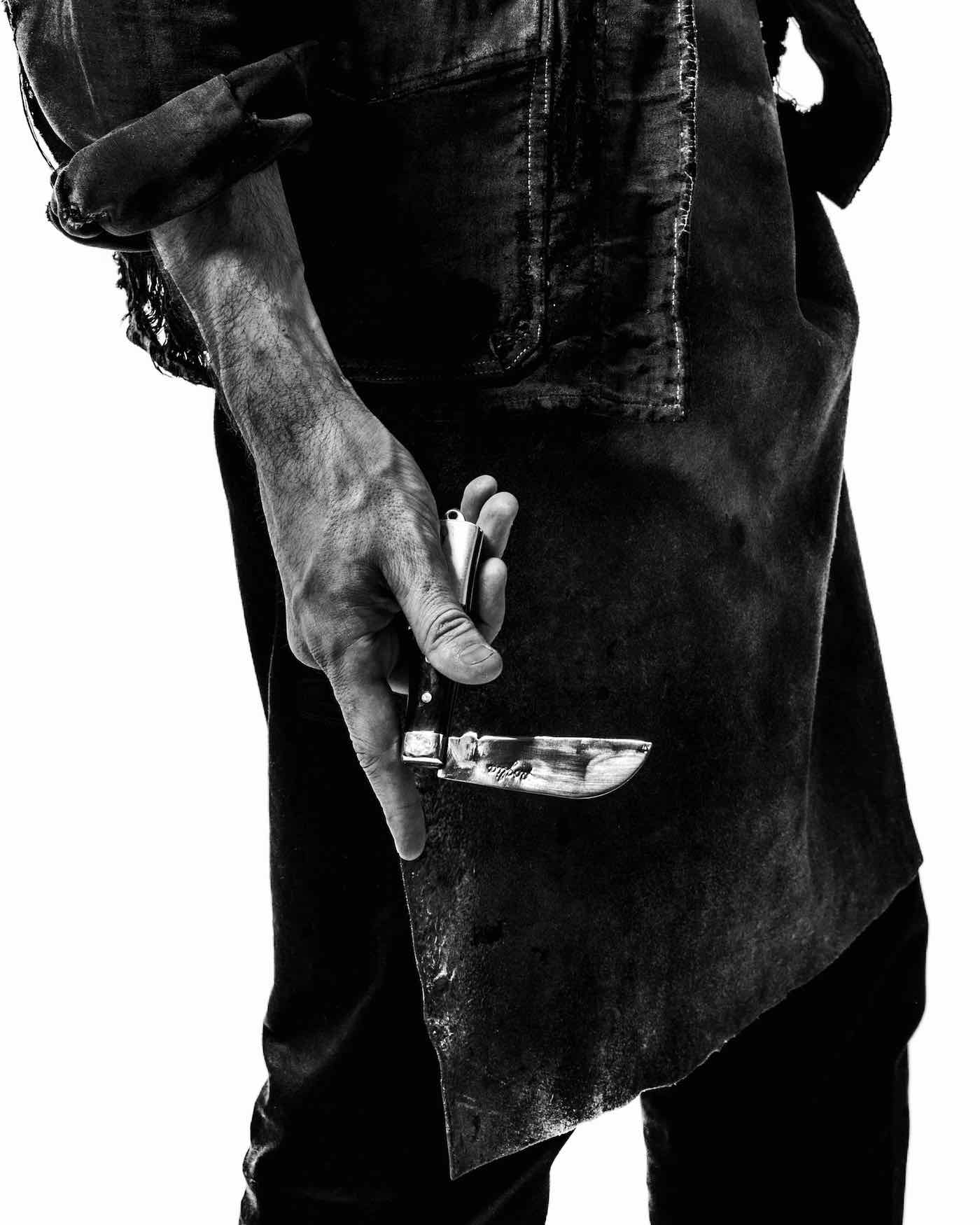
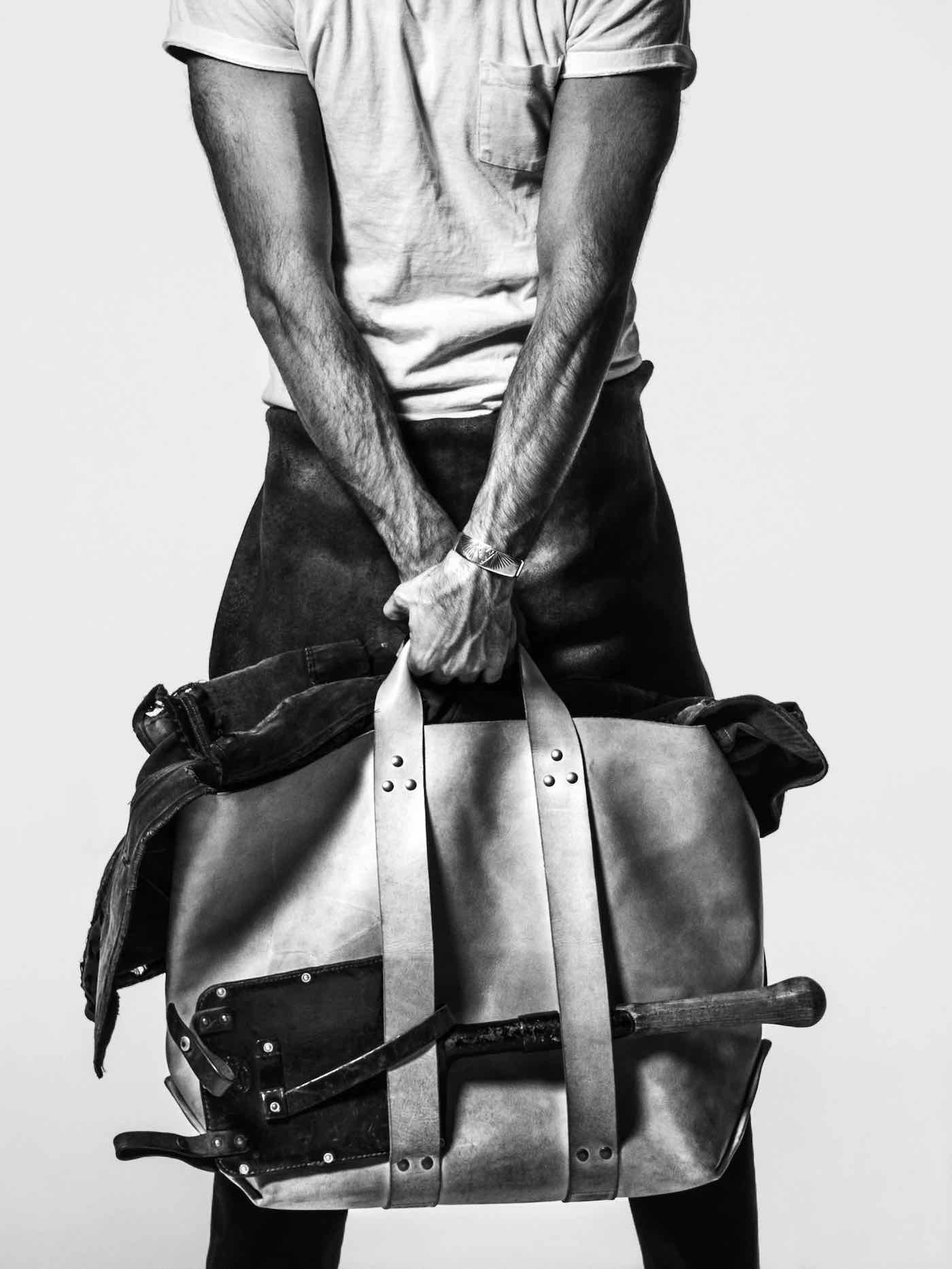
Poglia is proud to say that “no two knives are the same,” and perhaps even prouder that they are not stainless and thus rust from natural use; it “adds a lot more character to the blade, to the knife.” Finished with wood, horn, bone and solid brass, these knives are beautiful objets d’art that feel as though they were custom-made for your hand. Yet they are also, of course, functional, for what is more useful than a good knife?
Central to Poglia’s philosophy is the idea that owners should imbue his products with their own character. For this reason, he does not label his knives for a specific purpose: “People love to label things, but I like to leave it open. The knives, they can be a chef’s knife, a steak knife, a utility knife. But the truth is, I love the idea of having a beautiful knife in my hand and going to the park to eat an apple.”
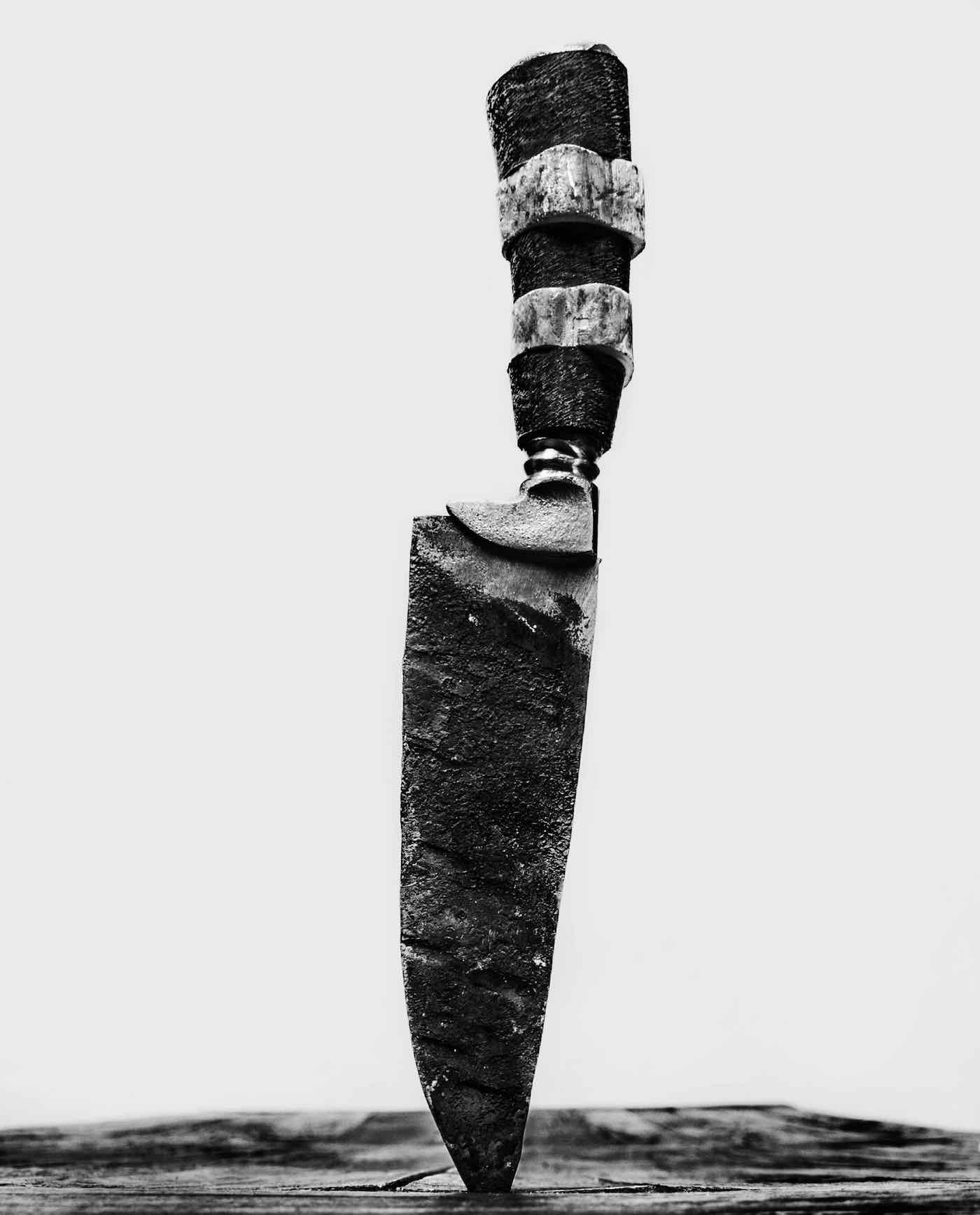
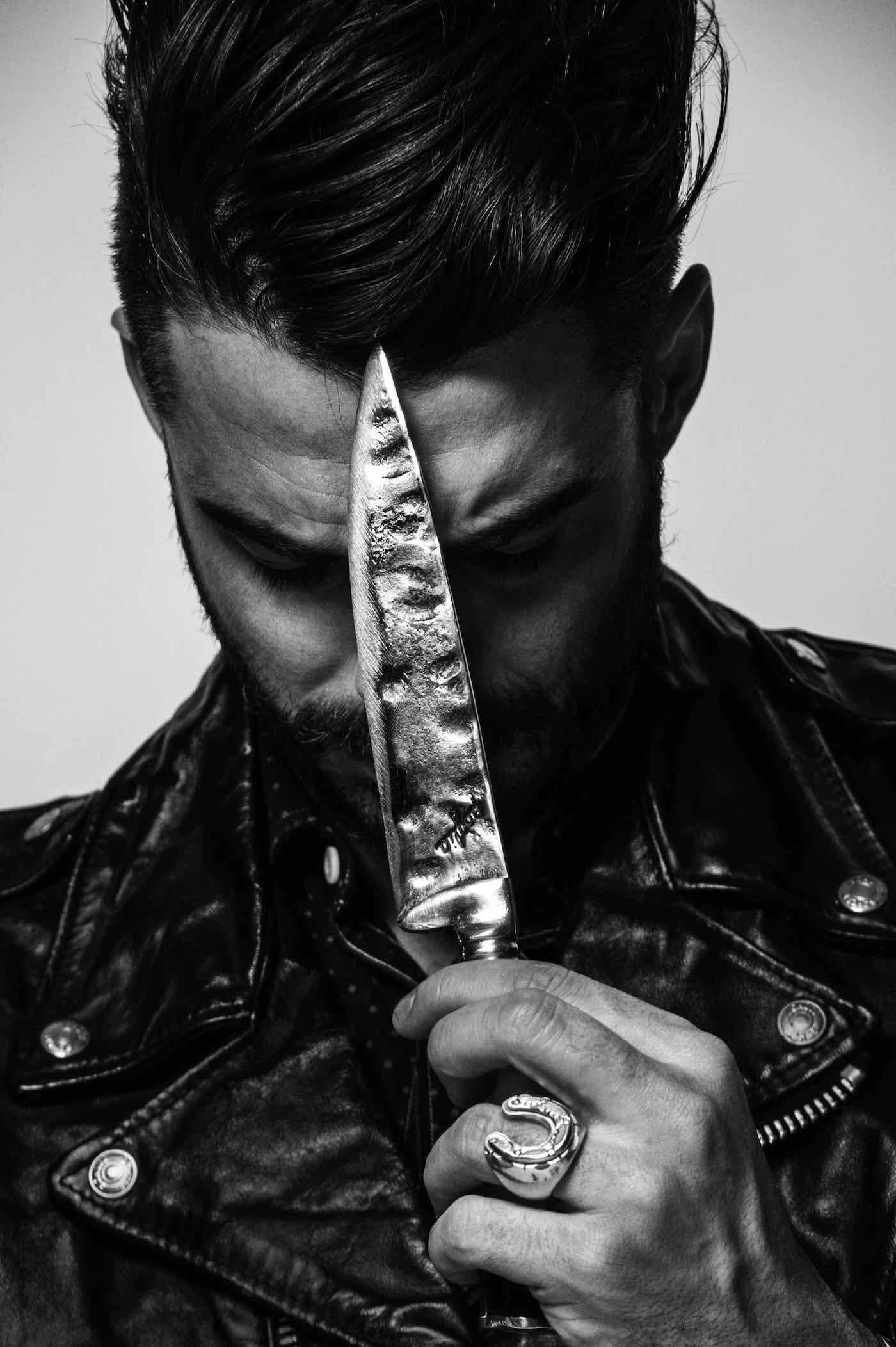
To Poglia, the feeling imparted by an object—in both the emotional sense and the physical sense of the object in your hand—is essential. His work is tactile, and his love of the process comes through in the beauty of his products. His hand-forged knife blades bear the touch of those who made them just as they will gain patina from those who use them. As he says of his products, “these things are going to age with you and stay with you. I want you to label them.”
